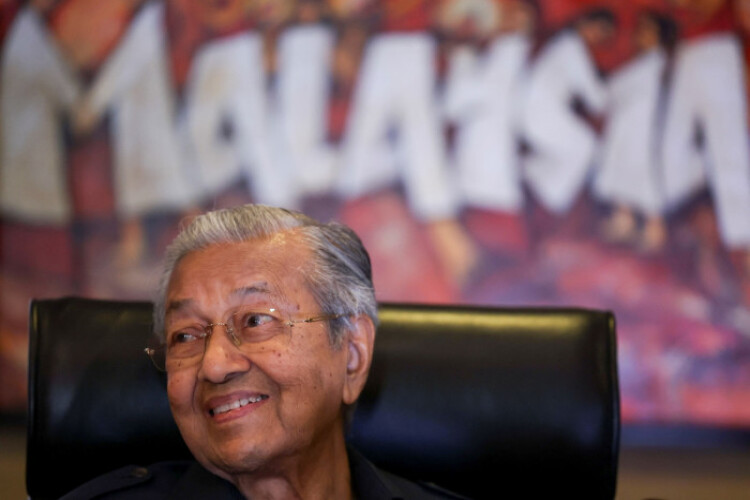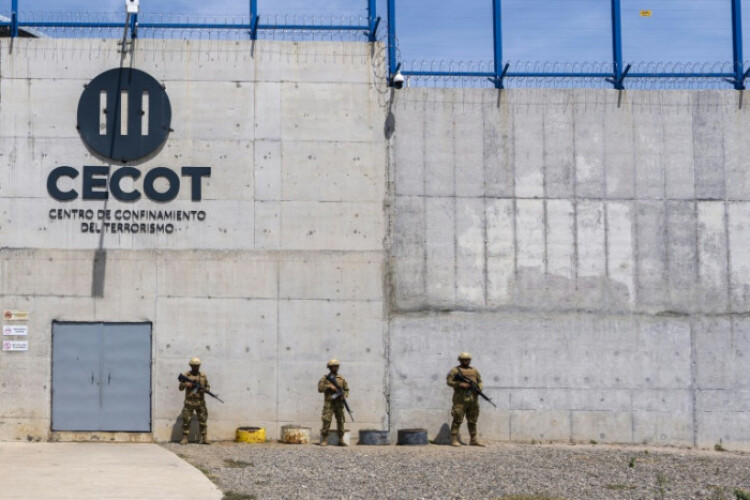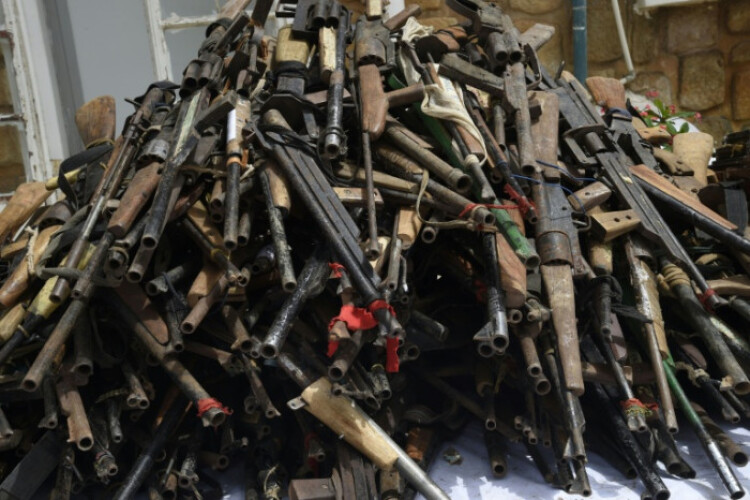
KUALA LUMPUR - Former Malaysian prime minister Mahathir Mohamad has denied allegations that he betrayed the country, after a royal inquiry called for a criminal investigation against him over a 2018 government decision to drop claims to two disputed islets.
In a report published last week, the commission of inquiry recommended that Mahathir, 99, face investigation for the decision, made while he was in office, to withdraw Malaysia’s bid to overturn a World Court ruling over the sovereignty of Pedra Branca, an islet between Malaysia and Singapore.
Malaysia had also requested clarification from the court on the status of another disputed islet, according to the inquiry report.
Both applications, made in 2017, were withdrawn after the election of a coalition led by Mahathir the following year.
Mahathir said in June this year that he had carefully reviewed the case files and sought advice from international law specialists. They opined that the case was weak, so he recommended to the cabinet that the appeal be withdrawn and the cabinet concurred.
At the press conference on Tuesday, he questioned why those government ministers had not been called as witnesses to the inquiry or to face similar investigations.
“All these people were in the cabinet meeting, if they have anything to complain or object to the decision … they could have spoken against it, but none of them said anything,” he said.
The inquiry began this year after current Prime Minister Anwar Ibrahim called for a review of the dropped claims.
Mahathir described the inquiry as politically motivated and aimed at destroying his reputation. He rejected accusations by Anwar that the inquiry’s findings revealed treachery on the part of Mahathir’s government.
“If I am treacherous, then so was my deputy (at the time),” he said, referring to Anwar’s wife, Wan Azizah Wan Ismail, who was deputy premier during Mahathir’s tenure.
Mahathir and Anwar, his former protégé-turned-rival, have been locked in an on-and-off feud that has shaped Malaysian politics for decades.
The pair mended fences to oust the long-ruling Barisan Nasional government in 2018, but their coalition collapsed in less than two years amid infighting.
Anwar became prime minister in 2022 promising to tackle corruption but has faced accusations from some critics of targeting political foes. He has denied the accusations, saying he does not interfere in court cases.
In a report published last week, the commission of inquiry recommended that Mahathir, 99, face investigation for the decision, made while he was in office, to withdraw Malaysia’s bid to overturn a World Court ruling over the sovereignty of Pedra Branca, an islet between Malaysia and Singapore.
Malaysia had also requested clarification from the court on the status of another disputed islet, according to the inquiry report.
Both applications, made in 2017, were withdrawn after the election of a coalition led by Mahathir the following year.
Mahathir said in June this year that he had carefully reviewed the case files and sought advice from international law specialists. They opined that the case was weak, so he recommended to the cabinet that the appeal be withdrawn and the cabinet concurred.
At the press conference on Tuesday, he questioned why those government ministers had not been called as witnesses to the inquiry or to face similar investigations.
“All these people were in the cabinet meeting, if they have anything to complain or object to the decision … they could have spoken against it, but none of them said anything,” he said.
The inquiry began this year after current Prime Minister Anwar Ibrahim called for a review of the dropped claims.
Mahathir described the inquiry as politically motivated and aimed at destroying his reputation. He rejected accusations by Anwar that the inquiry’s findings revealed treachery on the part of Mahathir’s government.
“If I am treacherous, then so was my deputy (at the time),” he said, referring to Anwar’s wife, Wan Azizah Wan Ismail, who was deputy premier during Mahathir’s tenure.
Mahathir and Anwar, his former protégé-turned-rival, have been locked in an on-and-off feud that has shaped Malaysian politics for decades.
The pair mended fences to oust the long-ruling Barisan Nasional government in 2018, but their coalition collapsed in less than two years amid infighting.
Anwar became prime minister in 2022 promising to tackle corruption but has faced accusations from some critics of targeting political foes. He has denied the accusations, saying he does not interfere in court cases.






